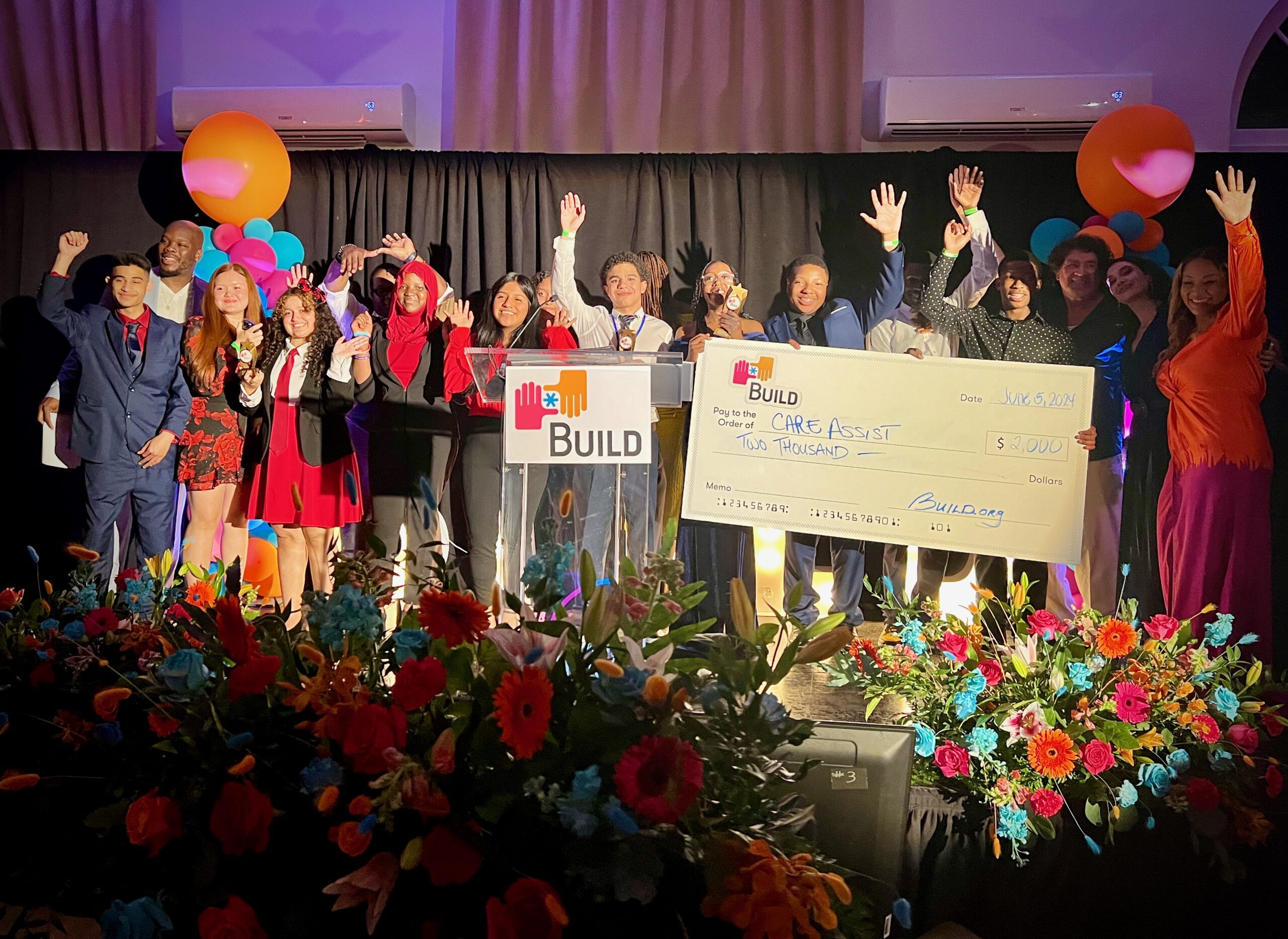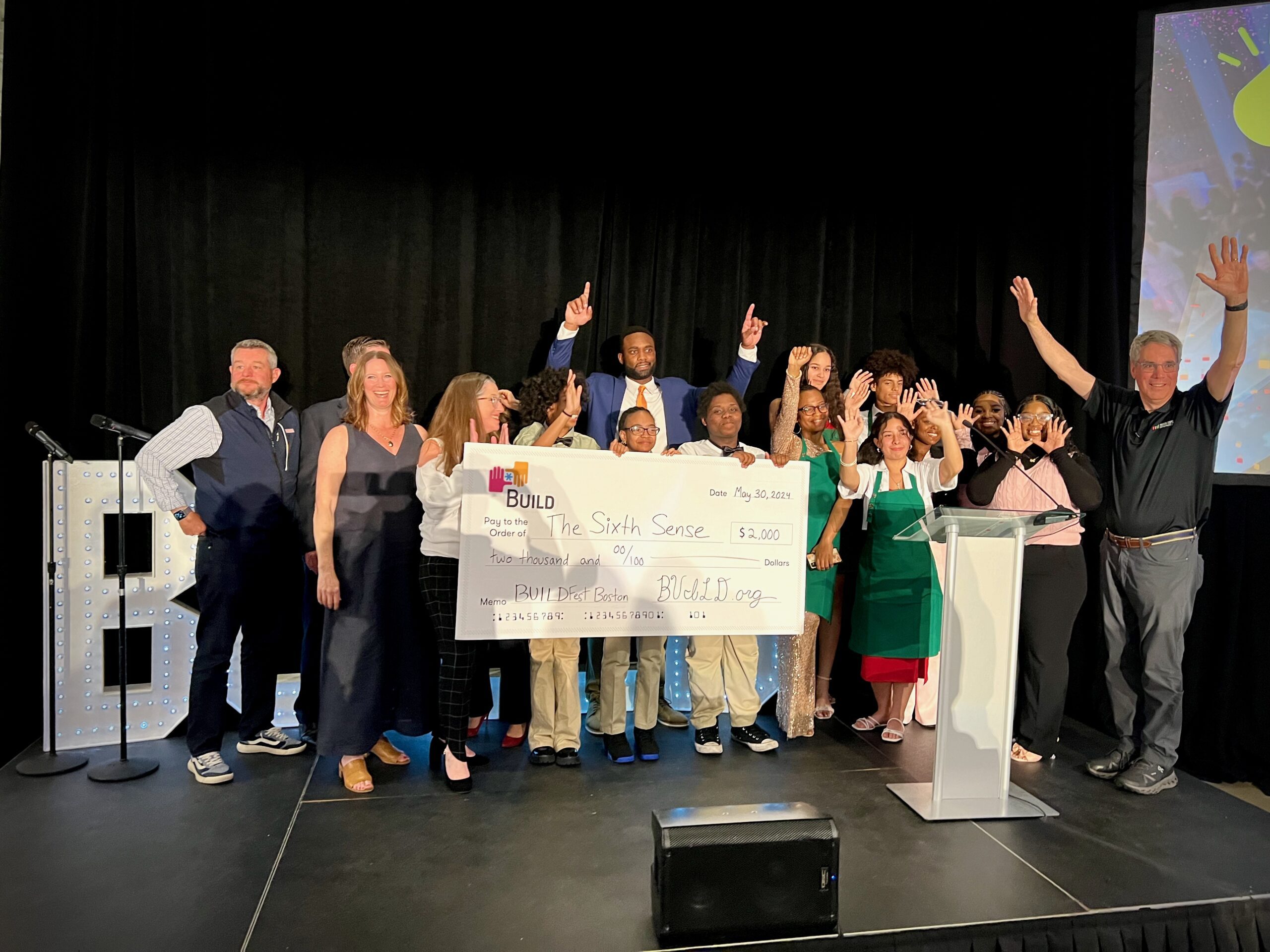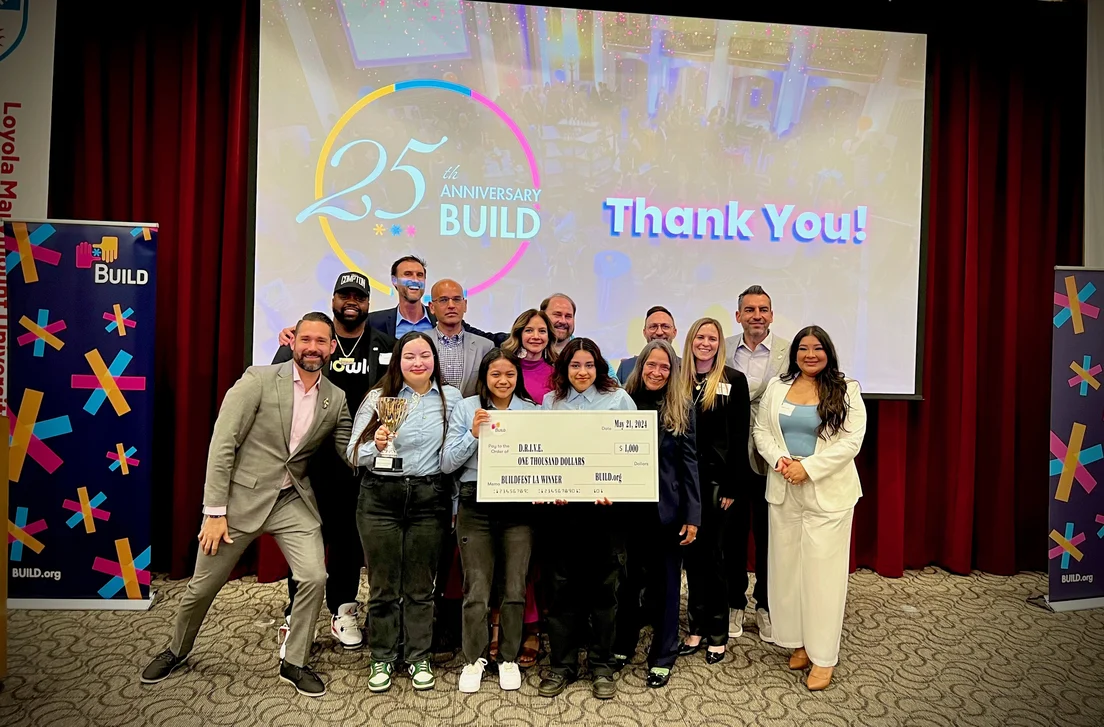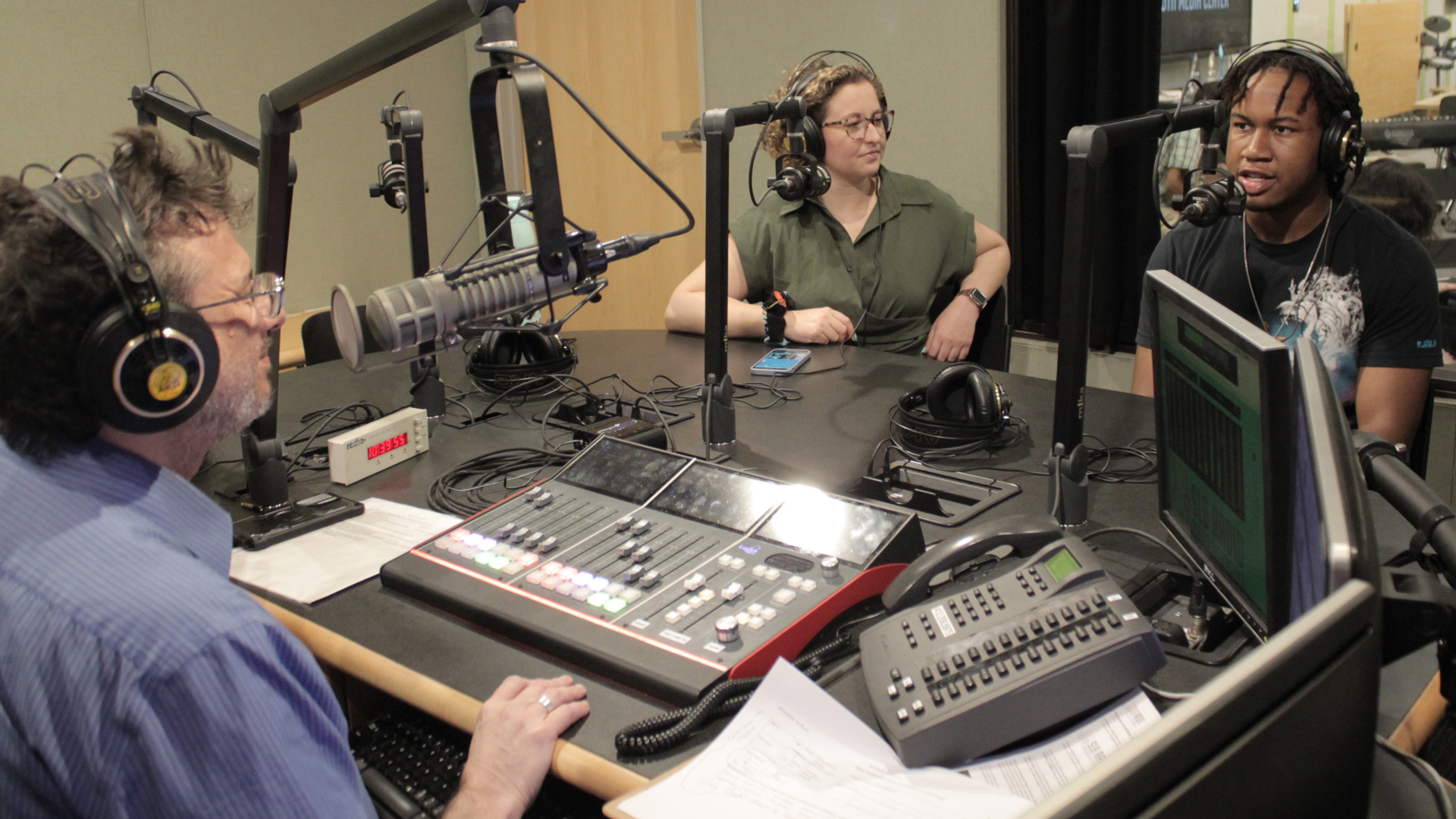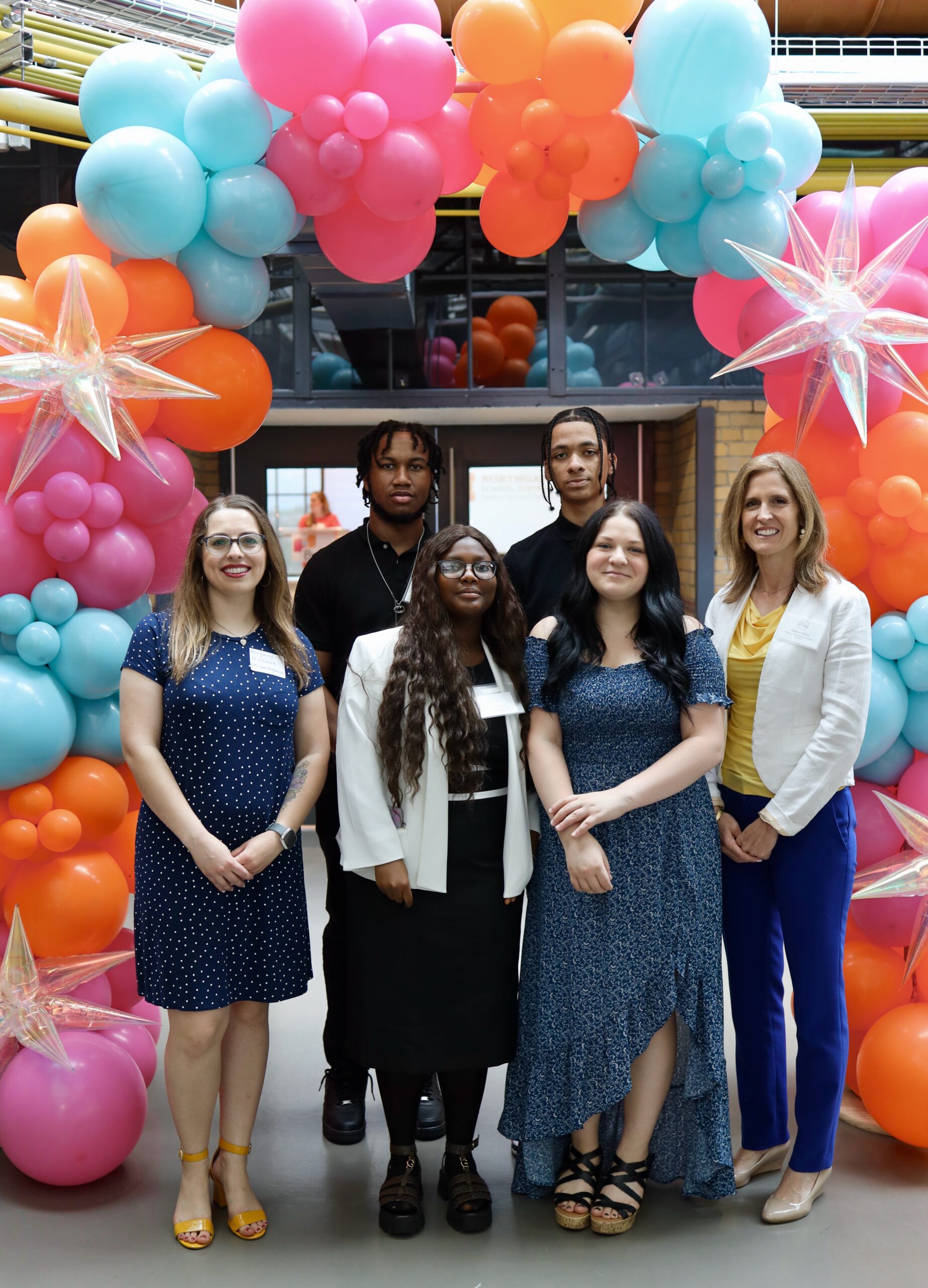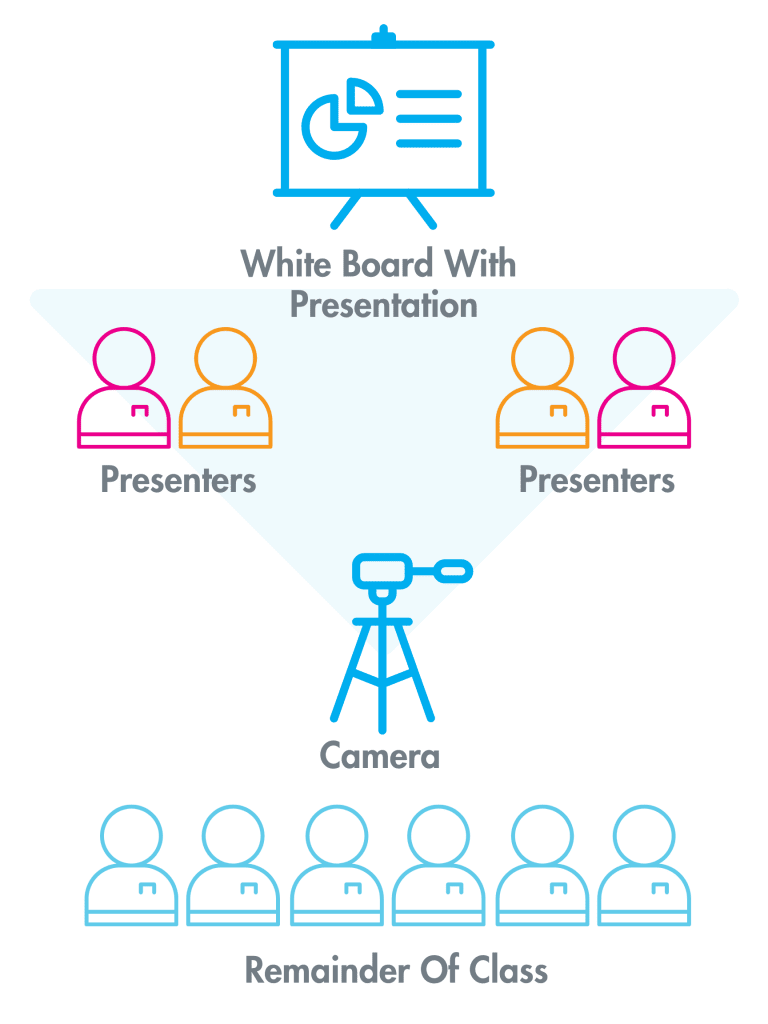As Asian American & Pacific Islander Month comes to a close, we at BUILD believe in always supporting Asian American & Pacific Islander (AAPI) voices in their fight against racial discrimination and disadvantages. We would like to share with you, organizations and services that were founded by AAPI, for AAPI and allies. So whether you identify as Asian America, Pacific Islander, both, or just an ally, use the resources below at any time to address AAPI issues.
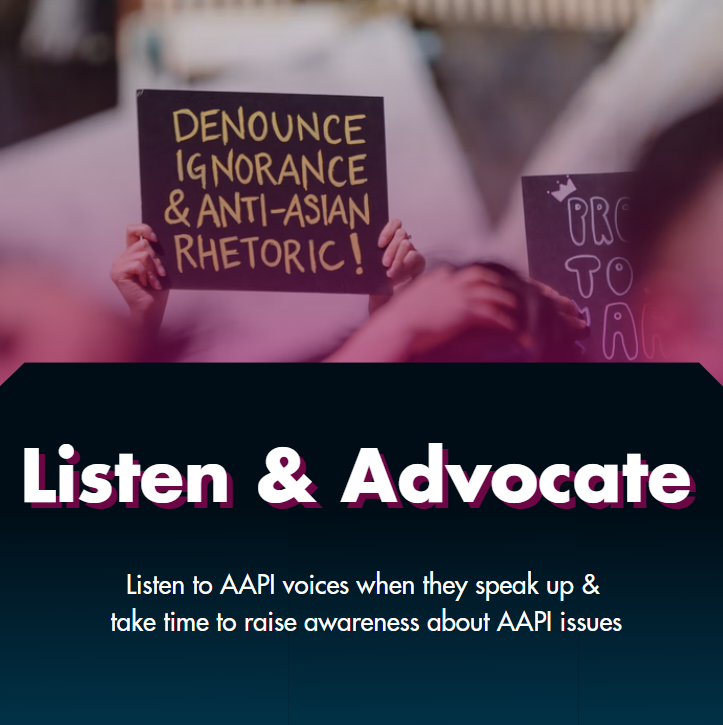
For Asian Americans: Asian Americans Advancing Justice –
A platform for Asian Americans to raise advocacy and awareness surrounding civil rights, safety issues, and much more. They hold online hate incident intervention trainings twice a month to discuss how to combat anti-Asian hate.
For Pacific Islanders: Empowering Pacific Islander Communities –
A platform for Pacific Islanders to build political power through civic engagement and community advocacy. They also help conduct Pacific Islanders research on many issues.
For Asian Americans: Asian Mental Health Collective–
They have a resource list of Asian therapists for American and Canadian Asians. Furthermore, they serve 21 different Asian ethnicities and some provide free/ reduced therapy for Asians.
For Asian Americans & Pacific Islanders: National Asian American Pacific Islander Mental Health Association –
An organization that sources therapists and mental health support providers for Asian Americans, Native Hawaiians, and Pacific Islanders. They also conduct events to foster a sense of community amongst different AAPI ethnicities.

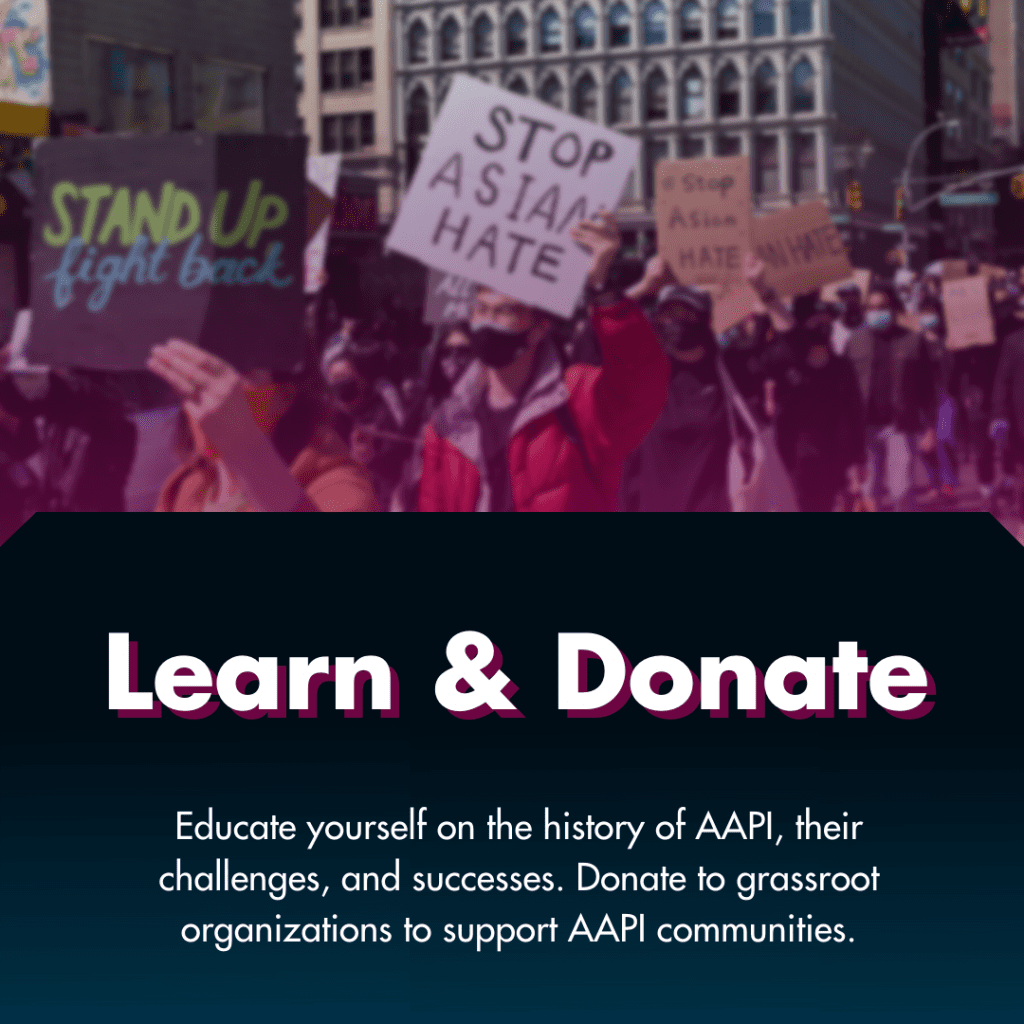
For Everyone: “Asian Americans” – This five-part documentary series covers the history of Asians in America. Every episode spotlights historical Asian challenges and successes as well as the evolving definition of what it means to be “Asian American” within intersectional issues like race, economics, and more.
For Everyone: The Association of Asian Pacific Community Health Organizations – This organization addresses the unique health risks, outcomes, and challenges for Asian Americans and Pacific Islanders. They have a wealth of resources to become educated on ethnicity-based health practices and to get health support.

